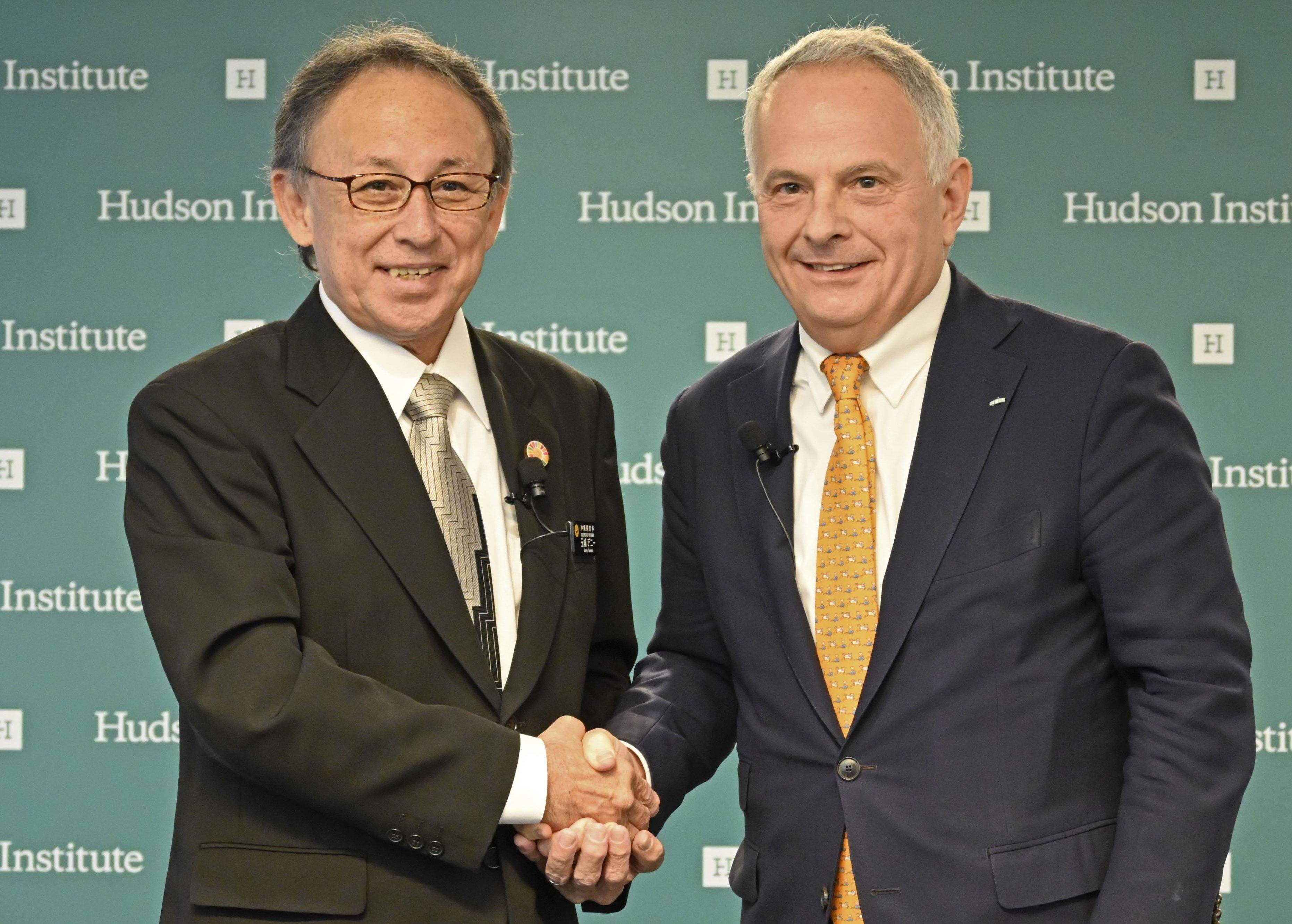CBS News has ignited controversy after naming neoconservative think-tank veteran Kenneth Weinstein of the hawkish Hudson Institute as its new ombudsman.
While serving as CEO of the Hudson Institute, Weinstein oversaw the receipt of funding from the government of Taiwan and the production of research reports beneficial to Taipei that failed to disclose the potential conflicts of interest posed by the funding.
Under Weinstein’s leadership, Hudson also scaled up its funding from other foreign governments and weapons firms, frequently producing reports and analysis advocating for greater U.S. expenditures on weapons both for use by the U.S. military as well as for export.
Despite the fact that Weinstein has never directly overseen news coverage, he will now review “editorial questions and concerns from outside entities and employees,” according to the network. The New York Post reports that he will make $250,000 for one day of work each month and will report to Jeff Shell, president of Paramount under new owner and CEO David Ellison.
Weinstein’s appointment follows a blockbuster $8.4 billion merger between Paramount and Skydance media, completed in August.
CBS News emerged as a major flashpoint during the negotiations and review.
Specifically, it faced a $20 billion lawsuit from President Donald Trump over its editing of a 2024 “60 minutes” interview with then-Democratic presidential candidate Kamala Harris. This July, Paramount agreed to pay $16 million to settle the case, with the media merger occurring weeks later.
Installing a CBS ombudsman was one of Skydance’s voluntary commitments with the Federal Communications Commission when the company sought approval for its merger with Paramount - a move critics say reflected pressure from the Trump administration.
Traditionally, ombudsmen have served as independent figures appointed within news organizations to act as an intermediary between the newsroom and the audience — with the aim of promoting accountability and transparency in news practices.
But very few mainstream outlets still maintain the independent role, because accountability is now largely external — through immediate media and audience critique online.
Critics argue that the new ombudsman role is not really about providing an independent public editor but rather a more politically compliant “bias monitor” that lacks actual newsroom accountability and threatens independence.
Weinstein’s arrival comes amidst growing concerns that Paramount may install hawkishly pro-Israel journalist Bari Weiss in a senior editorial role for CBS News as part of a deal including a $100 million to $200 million Paramount acquisition of her publication, “The Free Press.”
Together, these moves could signal the merger’s broader intent: reshaping CBS’s newsroom identity away from its legacy norms and toward a more combative, ideologically pro-Israel media organization.
That’s a grim legacy for CBS: Edward R. Murrow’s old news network is being reduced to a partisan enforcer instead of a standard-bearer for anything resembling journalism.
















